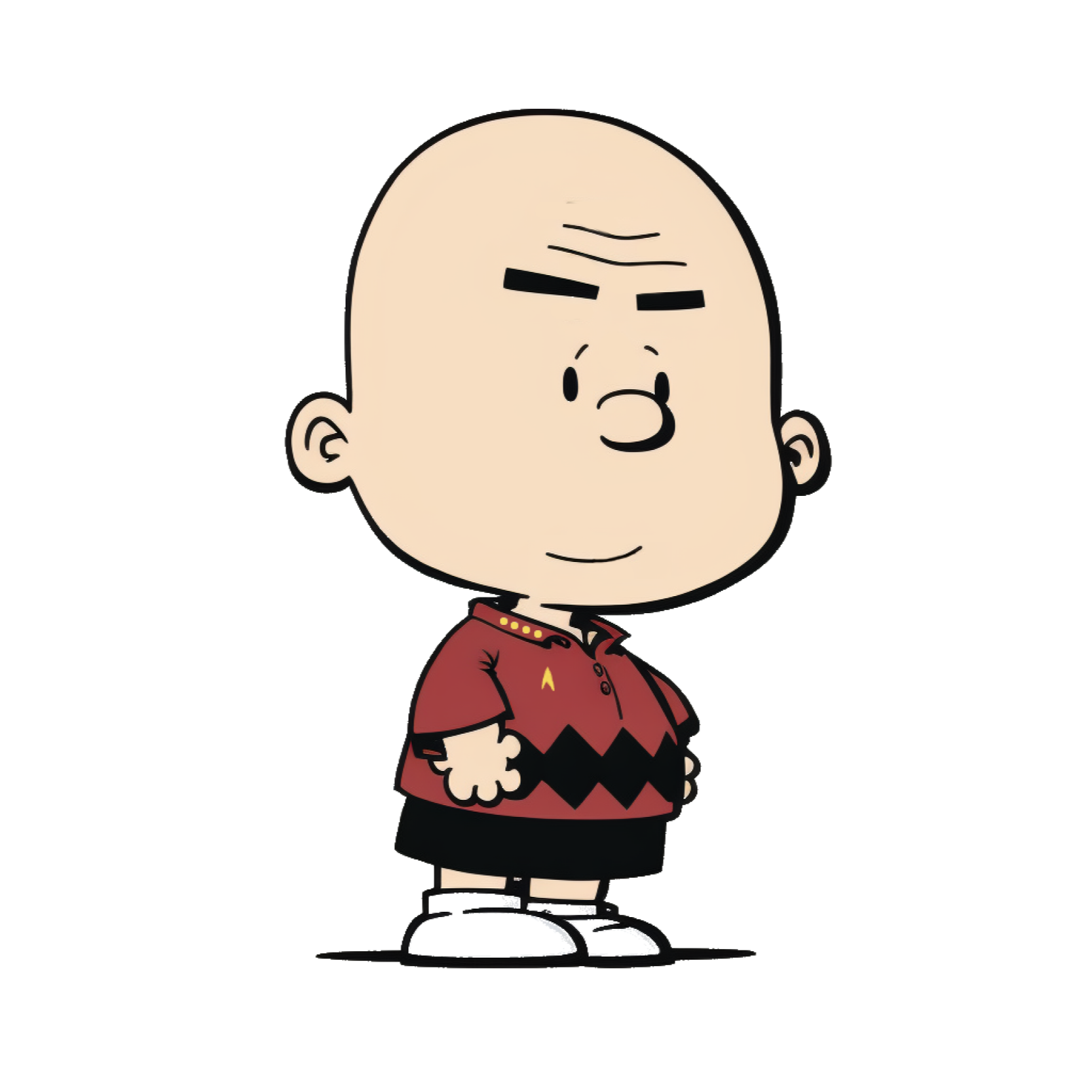Every city, Every community, every culture and every country. All suffer from the same problem. We don’t know ourselves. Not really.
We’ve spent millennia telling simple stories, passed on, around and down, to explain who we are and how the world works. It was a comfort. But it created an illusion. One we’ve embraced and entrenched. One we can no longer afford.
The last decade (and likely a few still to come) represents a period of expanding and often dramatic encounters, between billions of unique and intersecting realities, both individual and collective. A period where the world as it is comes abruptly into contact with the world as it has been or as we have always supposed it to be. A direct product of the age of information.
Historically, we have been conditioned to see a little, because it’s all we’ve ever known. Limited by proximity and narrow networks, it’s all we’ve ever been capable of knowing. A product of obstacles to replication and transmission that affected everything.
Now, for the first time in history, we are exposed like a nerve. Opinions and Identities. Issues and Ideas. Life lit up in technicolour.
Nations will be fractured. Systems will be broken. People will struggle amidst the chaos and the status quo will struggle to maintain some semblance of control. It’s deeply confusing. But it is also a transition to a better world. As overwhelming as it seems, it needs to happen.
Because if we don’t know who we are…if we’re not honest about ourselves and the realities we face…how can we work together? How can we make the right decisions? How can we survive?
Adapting, both individually and collectively, to a vibrant, beautiful world of billions is perhaps the greatest challenge of our age. I would argue it is the one thing more important than climate change, as it involves fundamental changes to who we are, how we think and how we operate. Changes that are essential in confronting all of the other overlapping and existential crises of this era and the next.
This process is an enormous burden. Both practically and psychologically. Not only does it require centuries of progress in a generation, but the fact is, we need a new story to tell.
We’ve always required a narrative to explain the world and our position in it, particularly during times of crisis. But where that used to be a matter of knitting together a few threads into a warm blanket, now it’s an endless tapestry. Cold. Frustrating. Seemingly futile. It’s easy to understand why so many of us — all of us in some way — become disfigured by the process.

A traumatic emergence from an indifferent universe seems to have left its mark. Through ages past, we felt victims of malicious intent, projected ourselves onto nature and then nature onto everyone else. This, combined with relative isolation and scarcity, left us vulnerable to disinformation, predisposed to simple stories and prone to conflict and competition. An experience which continues to shape our world.
It’s as though the foundations have been pulled out from underneath. We built cities on the need to be close for trade and communication. We built walls and borders to defend ourselves against people we hardly knew. We worked ourselves to death on the idea that there wasn’t enough and derived values from a self imposed patchwork of social constructions. We became so proud of our own inadequacies, we even made a habit of projecting ourselves onto others and explaining them to themselves.
But ‘civilization’ as we have experienced it until now, with its myriad of contradictions, is not only a manifestation of our many abilities and achievements. It is a testament to our many failures.
The Age of Reckoning brings us face to face with them all.
Capitalism is broken. Democracy needs an update. Healthcare, education and justice are proving an absolute mess. Every day we see fresh cracks. The shattering of conditions upon which civilization has been built is a fresh trauma in it’s own right. But it also offers us a fresh start.
The chance to decide what we want to be, together.
It’s time to become masters of our own fate, rather than feckless victims of supposedly natural conditions. It’s time to ask, not just how we survive, but what we want survival to look like. What we should provide. How things should work.
Charging headfirst into the future on the back of existing social order means using outdated and frankly, incompatible software. The old ways are breaking because they were built and imposed by a world that didn’t know itself, for a world that no longer exists, if it ever did at all. If we want to build something that lasts, we have to re-evaluate.
But adaptation requires a level of sharing and cooperation never before seen. New language. New culture. New economic and political systems. New modes of communication, cooperation and creativity. That might seem a little excessive to some, but it couldn’t be more important.
The defining feature of every epochal change in history from the internet to life itself, is an increased capacity to connect and share. That is the change we need to realise here. The pivot point of a global redesign. This age began with the shock of global exposure. It will end when that exposure is reconciled into a truly global society.
The clock is ticking. No more waiting around. We have to get radically better in record time. We have to be willing to change not only ourselves, but everything else. The biggest collective undertaking in our history. That means learning from and leaning on each other to weave a tale, vaster and richer than we could have ever individually imagined.
It’s not going to be easy. The last decade has already been a struggle and those to come, likely more so.
But we can no longer afford to tell ourselves children’s stories.
This is the human epic. And it’s only just beginning.

